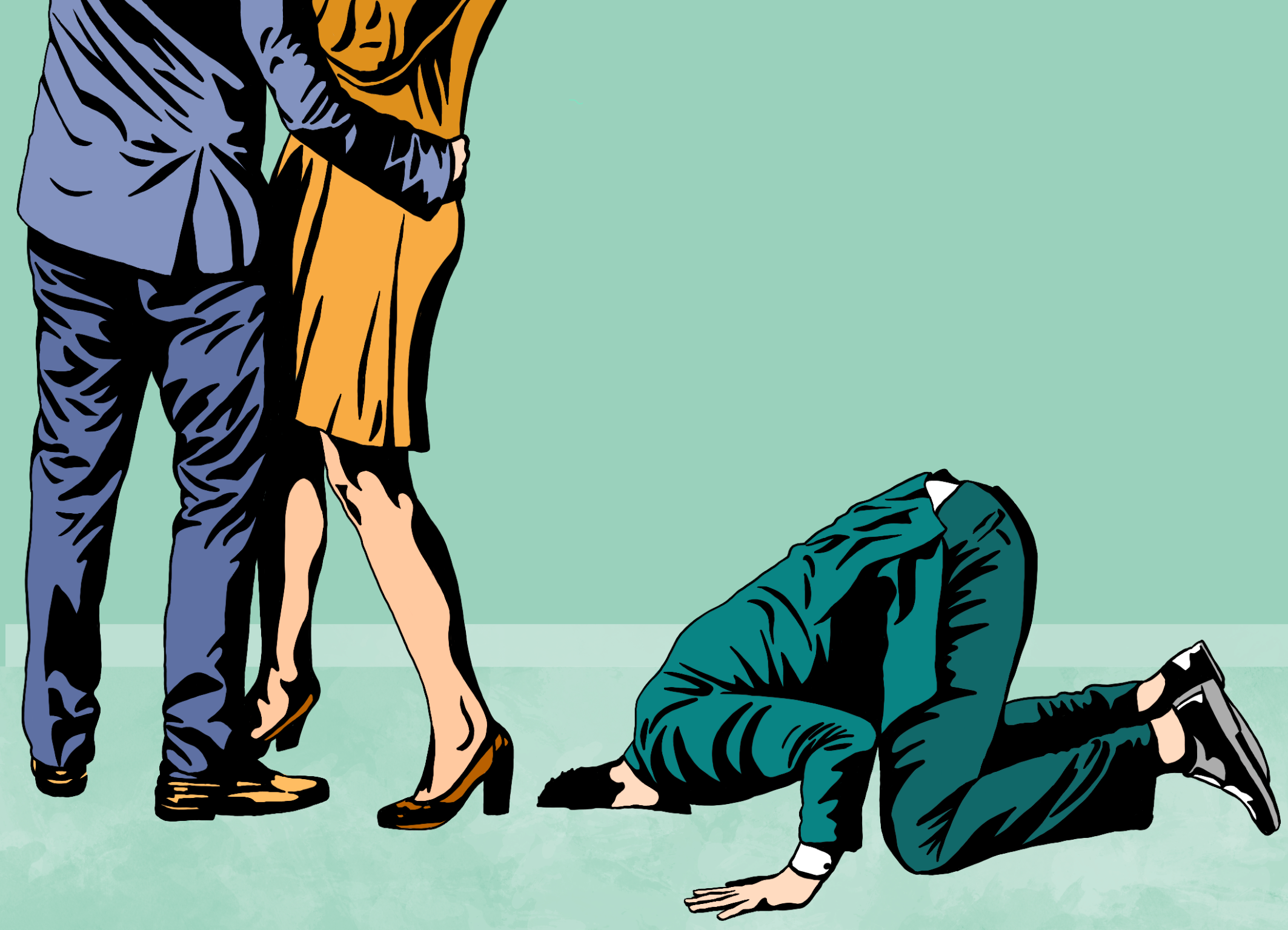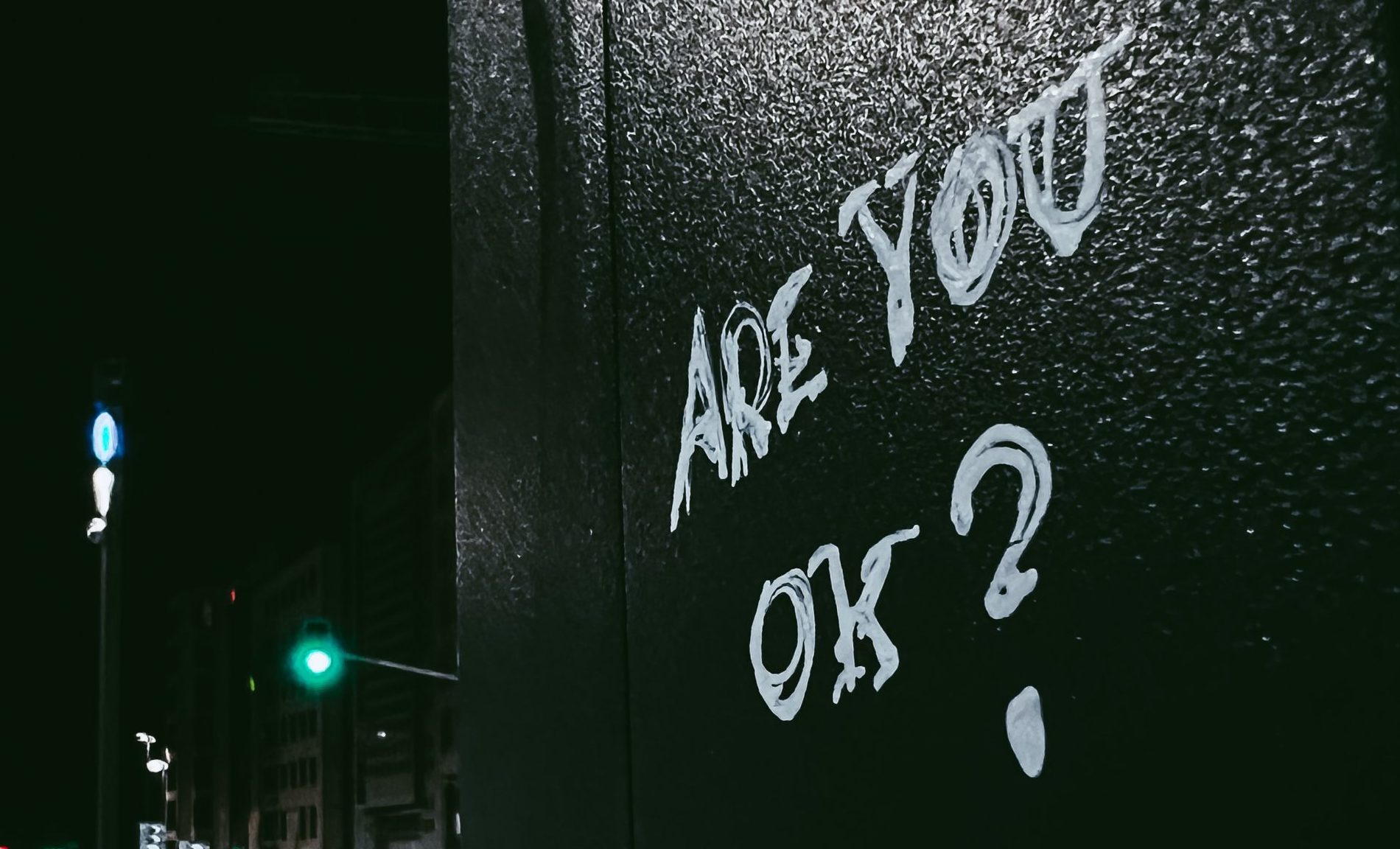Gossiping, bullying, intimidation, discrimination, nasty comments or unwanted touching: inappropriate behaviour takes many forms. WUR held three workshops about it, coincidentally in the week that a scandal blew up around the Dutch version of The Voice.
Abuse is not the preserve of TV studios; higher education can be a pretty unsafe environment too. Well-known scandals in the Netherlands include the trading of grades for sex by a University of Amsterdam professor of labour law who could not keep his hands off female students, or the ‘perverted pedagogy’ at work in art schools. That students are not the only victims is clear from fairly recent revelations about abuse of power and intimidation at, for example, a statistics group in Leiden and the VU Amsterdam department of Psychology.
Misbehaviour at Wageningen
Relatively few stories are circulating (so far?) about misbehaviour at Wageningen University. That is not to say that inappropriate behaviour does not occur here, as ombudsperson Jacqueline Schoone knows. Last week she facilitated one of the three workshops on this subject run by the Integrity and Undesirable Behaviour working group.
Originally, the idea was to work with with employees, students and PhD students to establish the acceptable limits for behaviour, to complement WUR’s codes of conduct. These tend to state the obvious and use upbeat language, and therefore risk remaining paper tigers. Schoone: ‘You can question whether rules of conduct such as “we treat each other with care” or “we give everyone equal treatment” offer enough support if something happens to you that you are not sure is really acceptable,’ she explains. ‘In such a situation, you’d probably benefit more from a specific guideline about what is acceptable behaviour and what isn’t. This can be especially useful to internationals, who are more likely to face things that seem a bit weird to them, due to cultural differences. The boundary between such differences and inappropriate behaviour is not always clear.’
Lowering the threshold
Although Schoone believes that the workshops yielded many important insights – Resource cannot verify this: the editors were kindly but firmly asked not to attend so as to ensure people could air their views in an optimally safe environment – they did not produce guidelines of that kind. ‘As we were talking, we realized that everyone has their own frame of reference for judging behaviour. Take a question about your private life: for one person it is harmless chat, while another finds it very intimidating. And it is not for the working group to determine where the dividing line lies,’ Schoone explains.
Intentions are beside the point with inappropriate behaviour
According to the ombudsperson, such examples also show why WUR needs a climate in which everyone feels completely free to say what is and is not OK for them. ‘Inappropriate behaviour is still too often trivialized and dismissed as the injured party’s problem. And perpetrators often go on the defensive straightway, saying with a sigh that they really didn’t mean any harm. White people are particularly prone to doing that. But intentions are beside the point with inappropriate behaviour. Much more relevant is how the other person experiences it.’
Bullying and talk
Schoone emphasizes that inappropriate behaviour can be a matter of little things too. Like surreptitious victimization such as deliberately ignoring someone’s dietary requirements for departmental outings or treats. Or by making supposedly concerned remarks behind someone’s back: ‘I’m shocked at the poor quality of this work’, or ‘I don’t think he/she fits in here’. That kind of gossip can be very damaging, in Schoone’s experience. ‘The sum total of this kind of microaggression can drive someone crazy. Actually, there should be a ban on talking about people behind their backs. It would prevent a lot of distress if we stopped tolerating surreptitious trouble-making.’
Don’t look away
According to Schoone, bystanders play an important role. ‘Inappropriate behaviour thrives on secrecy and shame. So even if it is not directly aimed at you, speak out if you see gossiping, bullying or other inappropriate behaviour. Don’t look away but stand up for the person who is being targeted.’
That takes guts, Schoone acknowledges – especially from management. ‘It is up to them to promote open dialogue about what is acceptable and what is not, and to put an end to inappropriate behaviour,’ she says. Of course, management needs a clear idea of how to go about it. And that is lacking, as the workshops showed. ‘WUR could do with developing some more tools for that,’ Schoone agrees.
Repercussions
The ombudsperson also suggests setting up an accessible helpdesk that you can go to anonymously if necessary. ‘People can be afraid to report misbehaviour, for fear of repercussions or making things worse,’ Schoone notes. This fear is not unfounded: there are more power imbalances and dependencies at universities than in other organizations – some academic careers can be made or broken by just one or two individuals.
Everybody should feel safe here, without having to read a manual first
Schoone: ‘This makes it all the more important to tackle every form of inappropriate behaviour, even when it concerns the internationally renowned professor who attracts so much research funding. In that sense, for the time being, every report we get is good news, because it will help us to turn the tide.’ This does not mean, however, that the ombudsperson follows the trend of trying to solve the problem primarily by making the victims more resilient. ‘The solution lies precisely in stopping the perpetrators. Everybody should feel safe here, without having to read a manual first.’

 ‘Inappropriate behaviour thrives on secrecy and shame. Don’t look away but stand up for the person who is being targeted’, says WUR-ombudsperson Jacqueline Schoone. Illustration Valerie Geelen
‘Inappropriate behaviour thrives on secrecy and shame. Don’t look away but stand up for the person who is being targeted’, says WUR-ombudsperson Jacqueline Schoone. Illustration Valerie Geelen 

